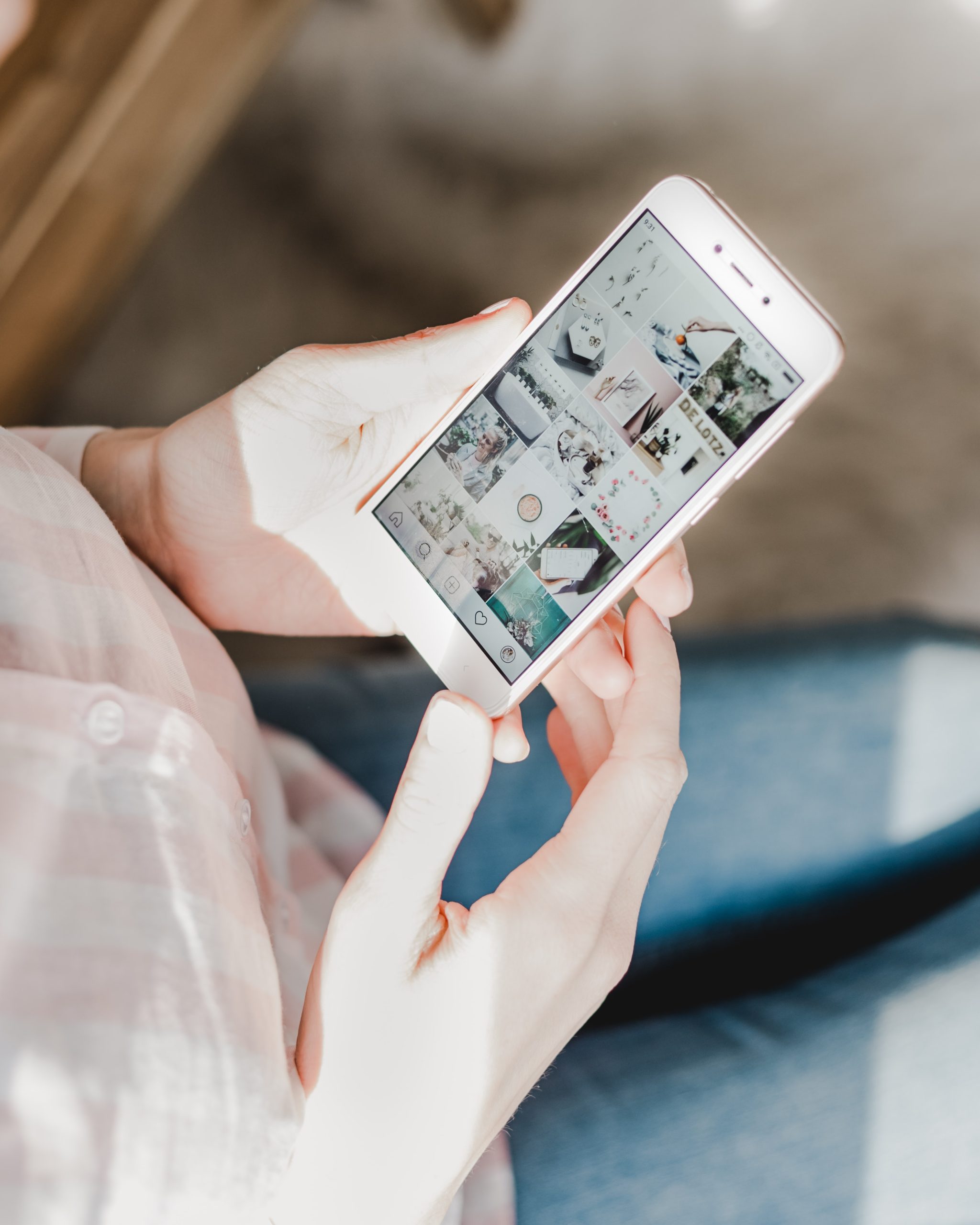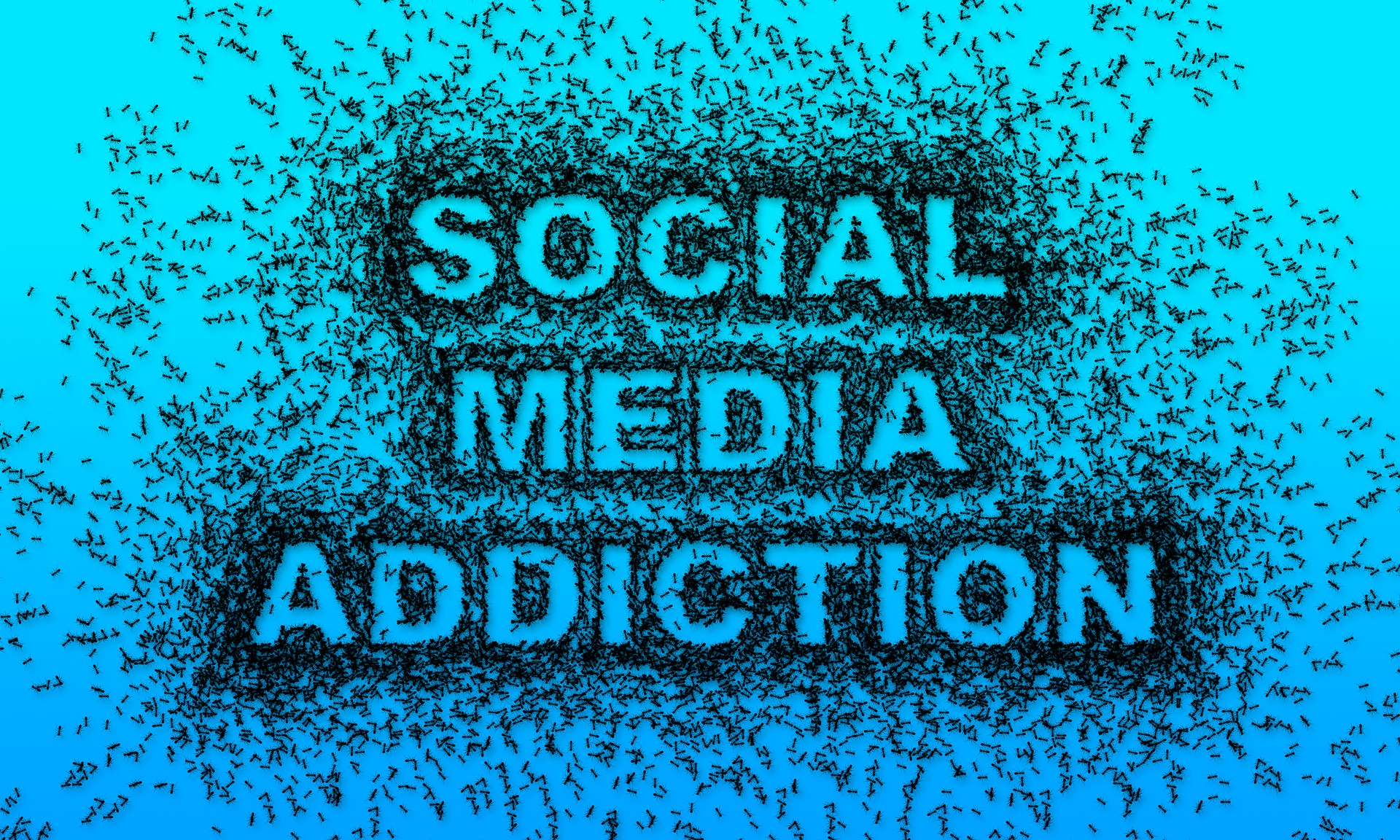During the last 20 years, social media has transformed itself from an obscure pastime into a fully accepted and integrated part of modern everyday life. However, recent studies have found that despite its apparent ubiquity, social media could have a potentially devastating impact on our mental and physical well-being. Read along for further discussion of the issues surrounding chronic social media use.
No matter your age, gender, and favorite digital hangout, the negative effects of social media are real. And they often manifest without warning. For children and teenagers, most of the issues relating to the use of different social media platforms stem from an overall lack of proper regulation. Before adulthood, we don’t possess the critical thinking skills necessary to get ourselves out of questionable or potentially dangerous situations. Which in turn can lead to (cyber)bullying, premature exposure to sexual content, and depression. Adults don’t go unscathed either as a lot of new studies have identified social media as a prospective exacerbator of various mental health issues.
If you’re one of those who simply can’t imagine a life without social media, you’re very likely to fall victim to the insurmountable power that our favorite apps and platforms have over us. Chances are that you’ve already experienced some of the negative aspects of online life. And maybe even grown accustomed to it. Terminally online individuals could experience a displacement of a wide array of behaviors like sleep quality and level of activity. In short, social media has the power to change our perception of ourselves and the world. But not always for the better. Read on for a list of social media pitfalls to be wary of:
#1 Depression, anxiety, and low self-esteem
Prolonged use of social networking sites has been proven to hurt our mood. Chronic social media users are far more likely to report signs of different mental health issues. Specifically symptoms of anxiety and depression. Social media allows us to exhibit a more polished version of our lives. One in which our perceived flaws and failings don’t exist. This, in turn, heightens the chance of self-doubt, low self-esteem, and unhappiness. Since many of us have a nasty habit of comparing ourselves to those we believe lead better lives than us. But it is this comparison that serves as a pathway to depression and anxiety.
#2 Loneliness and FOMO
Although one of the principal objectives of social media is to help establish solid connections across borders. It can still make us feel lonely. A heavy online presence can mean increased social isolation for those who prefer face-to-face interactions. The more time you spend online, the better the chances are that you’ll come across people who seem to be having more fun than you. Like close friends or acquaintances who haven’t invited you to specific social gatherings. And this is exactly what causes FOMO (fear of missing out).
#3 Social media addiction
Social media can influence human psychology in the most unprecedented of ways. Case in point, our daily scroll through our favorite social networking site not only activates the reward centers in our brain. But also releases a substantial concentration of dopamine in the process. This, alongside the momentary acceptance and validation, keeps us coming back for more. Social media addiction is especially abundant amongst tech-savvy children and teenagers. This demographic may use overuse social media to a compulsive and excessive level. Many of them can become so accustomed to scrolling through pictures and posts that it interferes with other areas of their life.
#4 Self-image issues
Outside of anxiety, depression, and social isolation social media sites also provide tools that make it possible for us to earn the approval of others through our physical appearance. This furthers the aforementioned unhealthy comparisons and negatively impacts our body image. The youngsters who spend most of their free time posting and scrolling are those most vulnerable to this problem. Young girls who utilize social media daily are more likely to link their follower count and self-worth to their looks.



